Foreign concern over polls: Geopolitics, trade interests key drivers
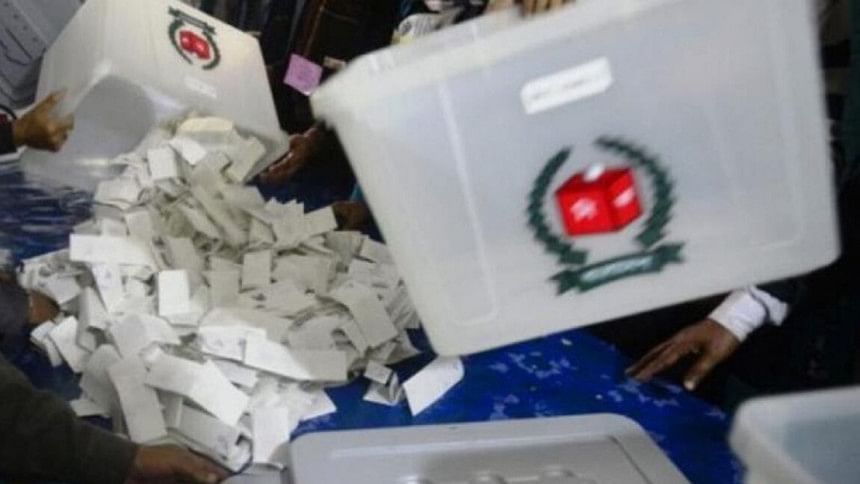
The concerns of some foreign powers over the upcoming national election in Bangladesh are driven mainly by their geopolitical and trade interests, political analysts and governance experts said yesterday.
However, they said, the growing distrust among the country's political parties is to blame for this.
They were speaking at a webinar titled "Influence of Foreign Powers in Bangladesh's election", organised by Forum for Bangladesh Studies -- a platform for academics and analysts working on the country's contemporary issues.
The speakers said such concerns should not be overlooked and denounced with negative remarks since Bangladesh, as a member state of the UN, is obliged to uphold human rights and democracy.
Keynote speaker at the webinar, Ali Riaz, distinguished professor of political science at Illinois State University in the US, said the concerns of foreign nations over the upcoming polls have been growing since May when the US announced its visa policy for Bangladesh "to promote democratic elections".
However, this visa policy did not come out of the blue as the US has been voicing doubts about Bangladesh's electoral system for over two years, he said.
"[The message was] they want a free, acceptable and peaceful election."
In the past, whenever opposition parties found themselves unjustly cornered by the ruling party, they sought solutions from foreign diplomats, citing an absence of democracy, he said.
"Human rights issues can be better addressed with a stable political situation and an inclusive government structure..."
The first such instance was in 1982, when the country was under military rule and most of the political parties were waging a movement for democracy.
Experiences from 1996, 2006, and 2013 suggest that Awami League benefitted most from foreign nations' mediation in disputes over national polls, he added.
Political parties in Bangladesh, mainly AL and BNP, never expressed their reservations about the involvement or mediation of foreign nations before, he observed.
"The recent reservations expressed by Awami League are only targeted at the west."
M Humayun Kabir, former Bangladesh ambassador to the US, said there has recently been a sharp polarisation in global geopolitics and Bangladesh holds a significant position in this regard.
"How the country will utilise its geopolitical position or what the other countries expect from Bangladesh in such circumstances are issues that need further discussions."
On the other hand, Bangladesh has been heavily involved in global trades over the past three decades or more, he said, adding, when a country's trade is connected globally, it is obvious that its politics will also come into play.
Moreover, the country is socially connected to the rest of the world thanks to its about 1.25 crore expatriates who uphold and exchange social values in different countries, Humayun said.
"Our exposure to the outside world is increasing … It has been so over the past 30 years, and will continue to increase in the future."
Human rights issues can be better addressed with a stable political situation and an inclusive government structure, the former ambassador added.
He further said a free, fair and acceptable election will not only benefit the country's internal governance but also cement its global connectivity.
"Bangladesh needs to march along with the change South Asia, as a whole, is facing."
Badiul Alam Majumdar, secretary of Shushashoner Jonno Nagorik, said that so far in the country's history, 11 national elections took place and seven of those were held under partisan governments, with none being "acceptable".
On the other hand, four elections were held under a neutral or caretaker government, and in all of those, the immediate past ruling parties were defeated.
He said the Election Commission is the most important entity to ensure a free and fair election. Though, he said, the current atmosphere is not congenial enough for that.
"The concerns of foreign nations should be considered a 'message' … Sadly, we are treating them as enemies," he said, stressing the need for reforms based on the messages.

 For all latest news, follow The Daily Star's Google News channel.
For all latest news, follow The Daily Star's Google News channel. 

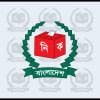
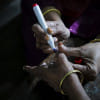
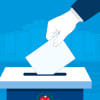
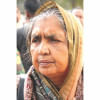


Comments